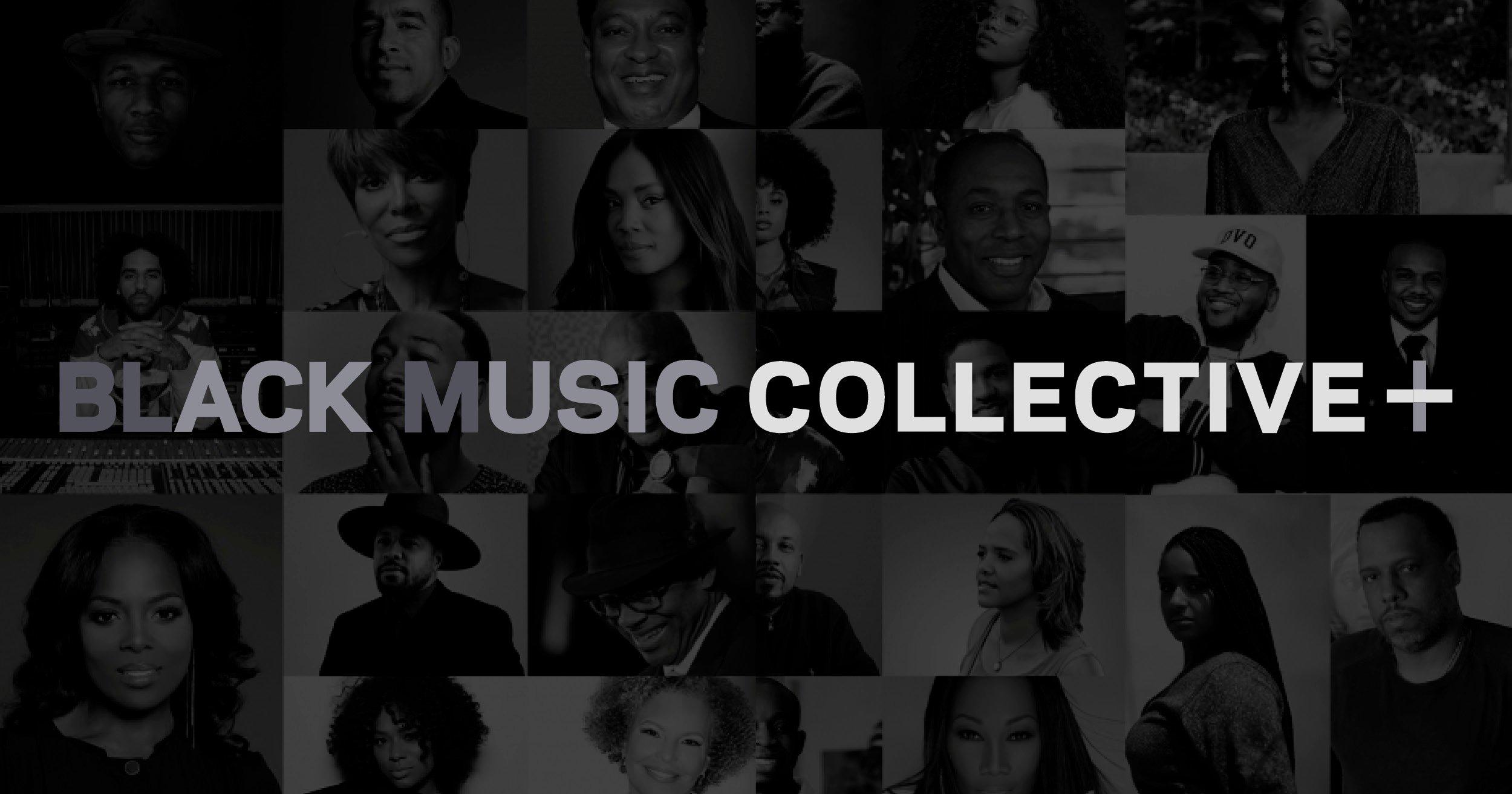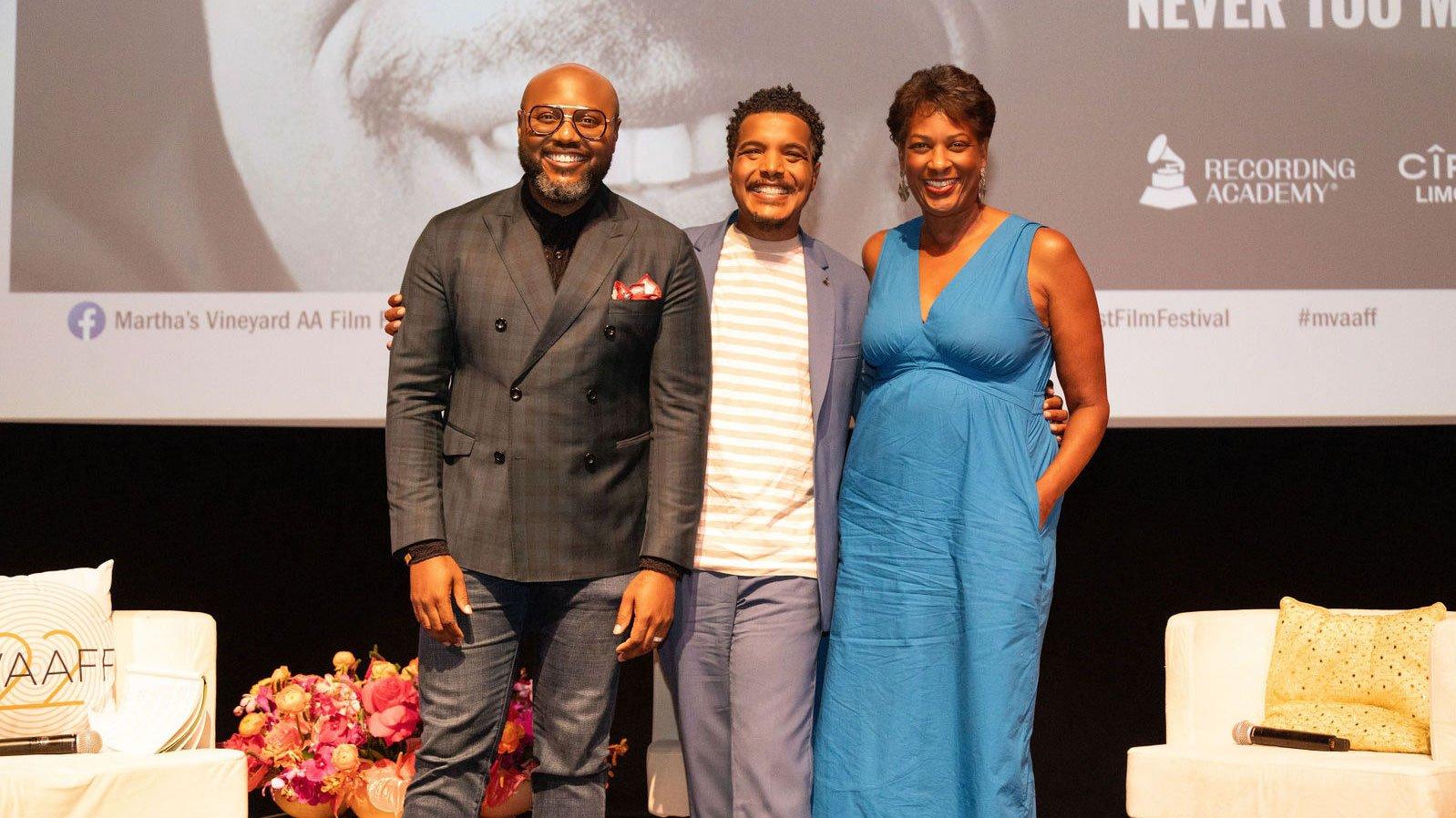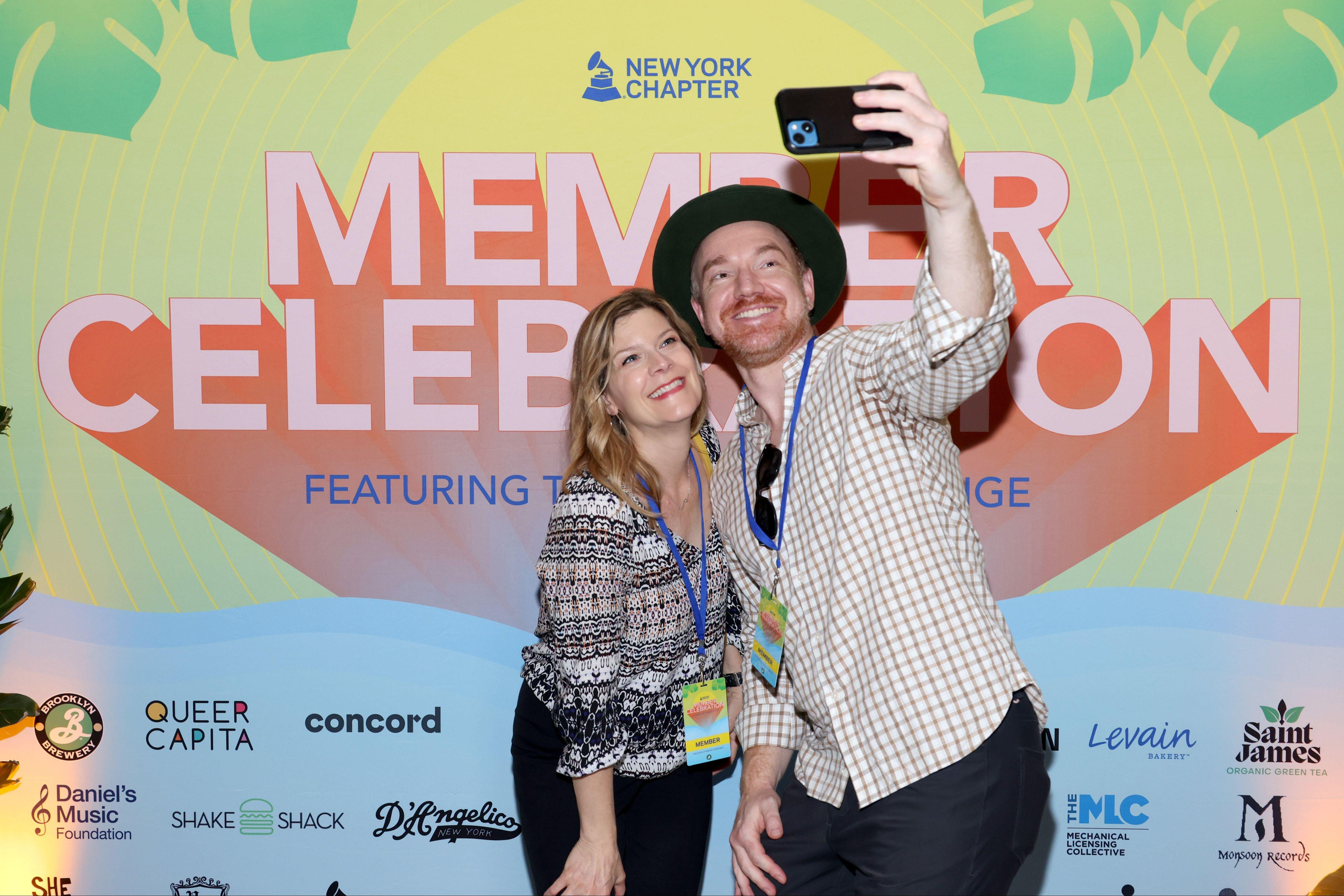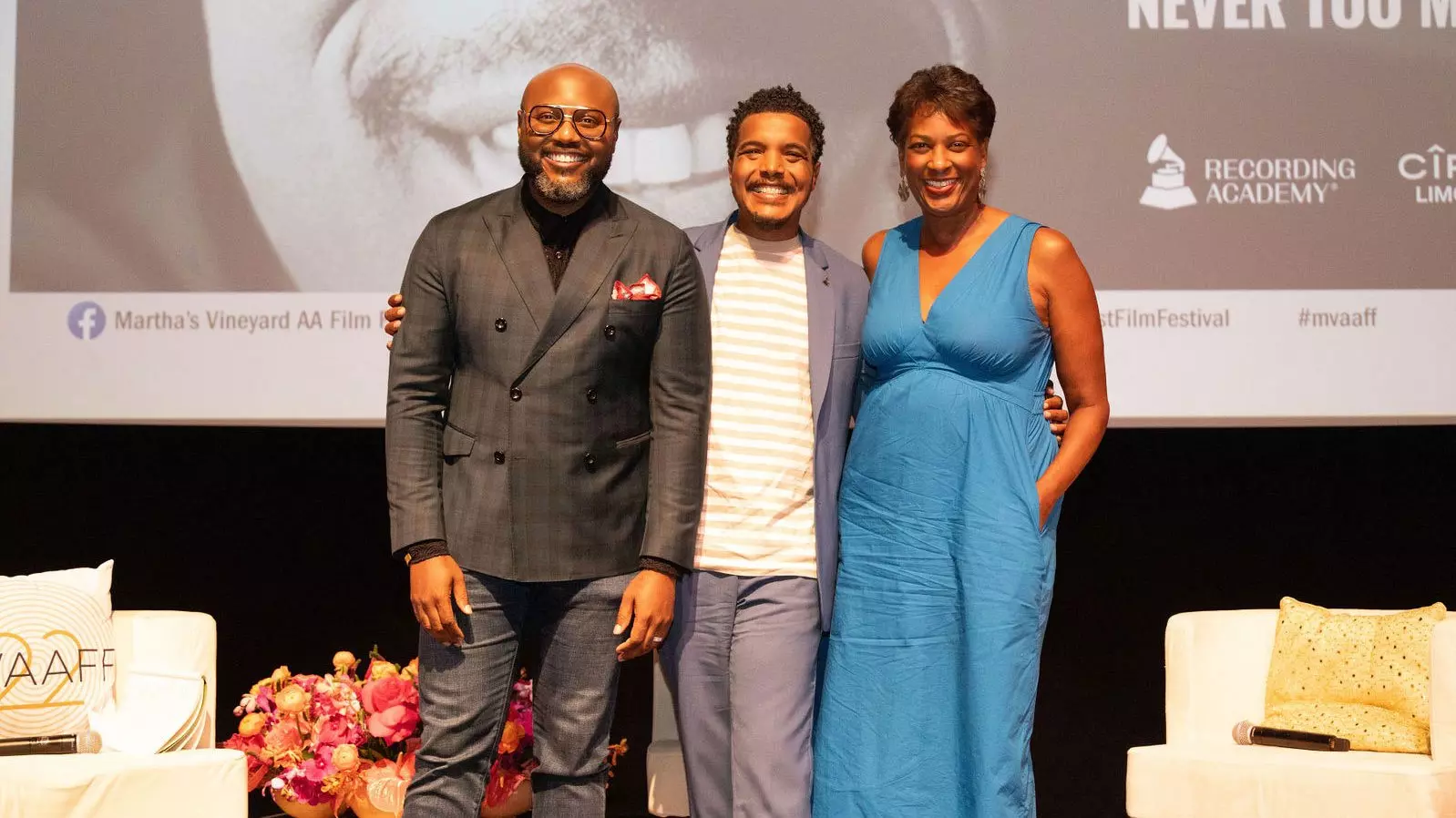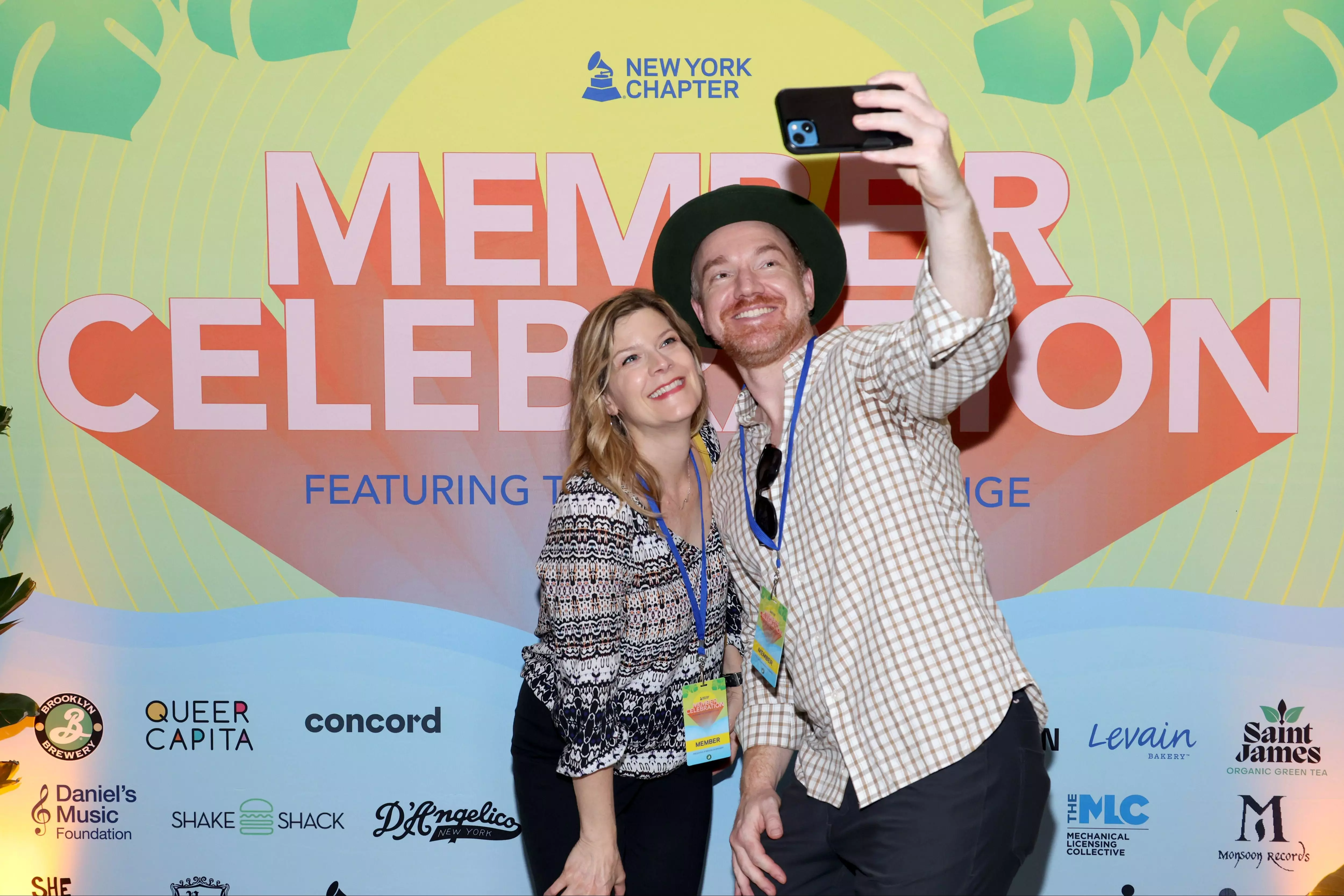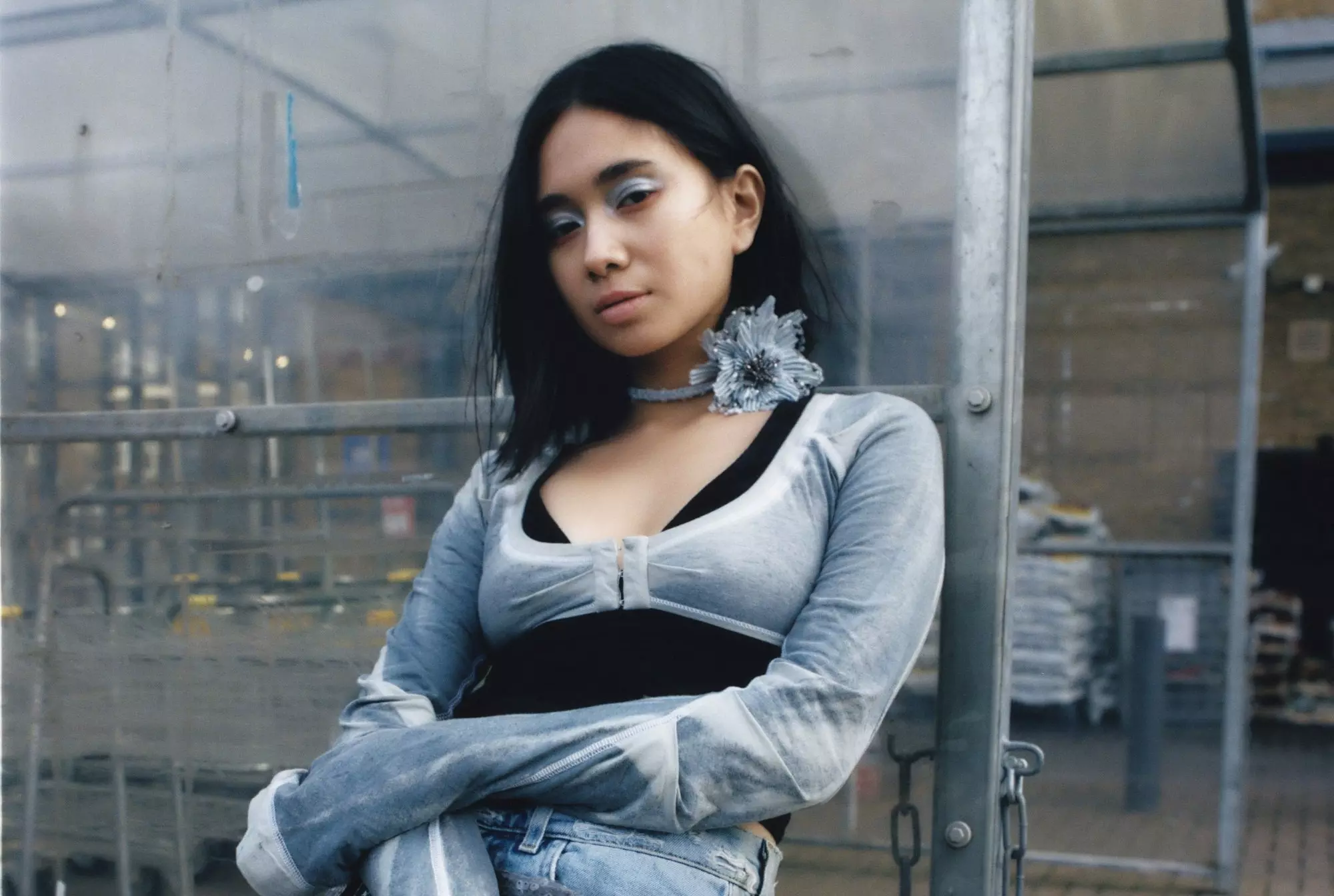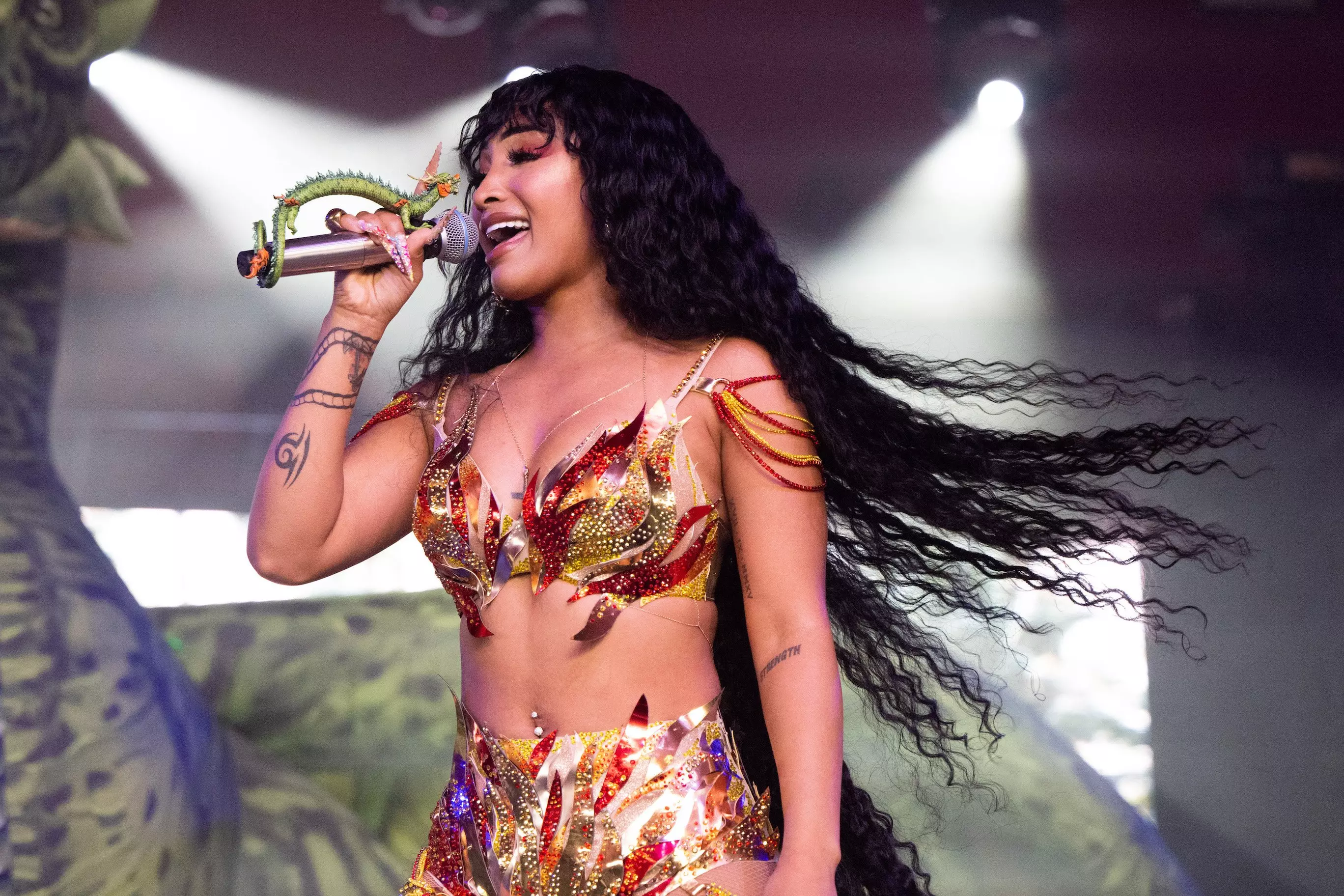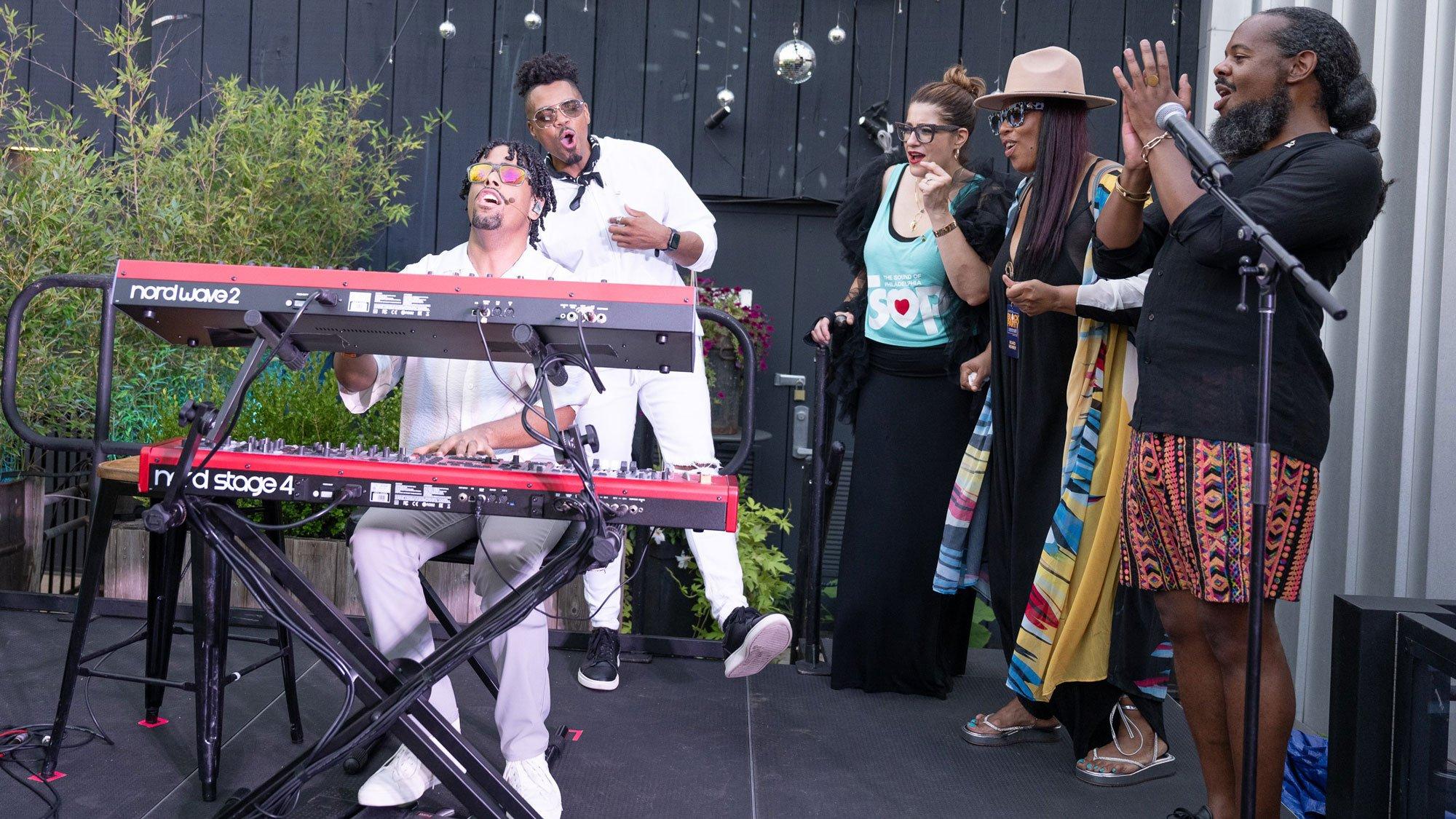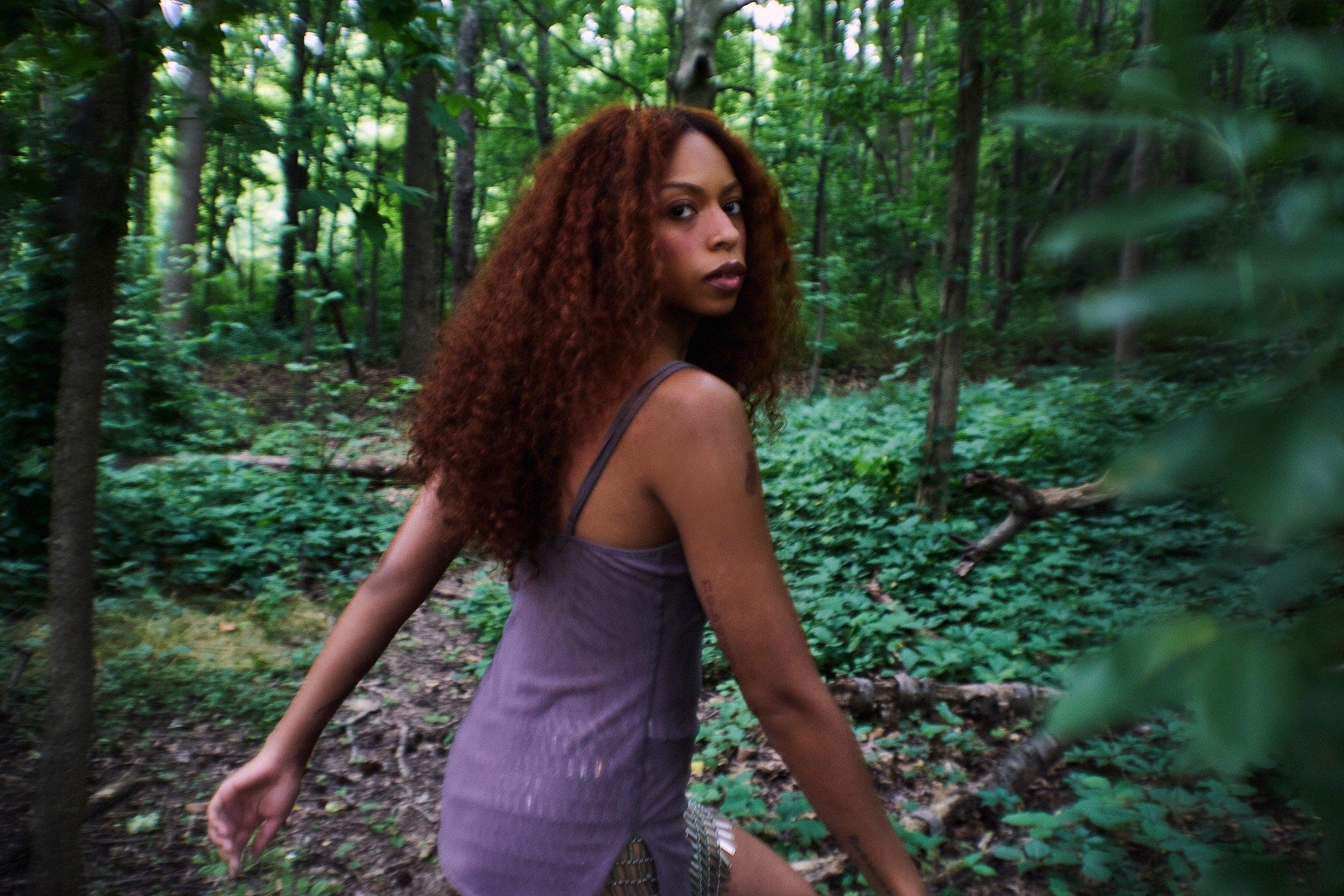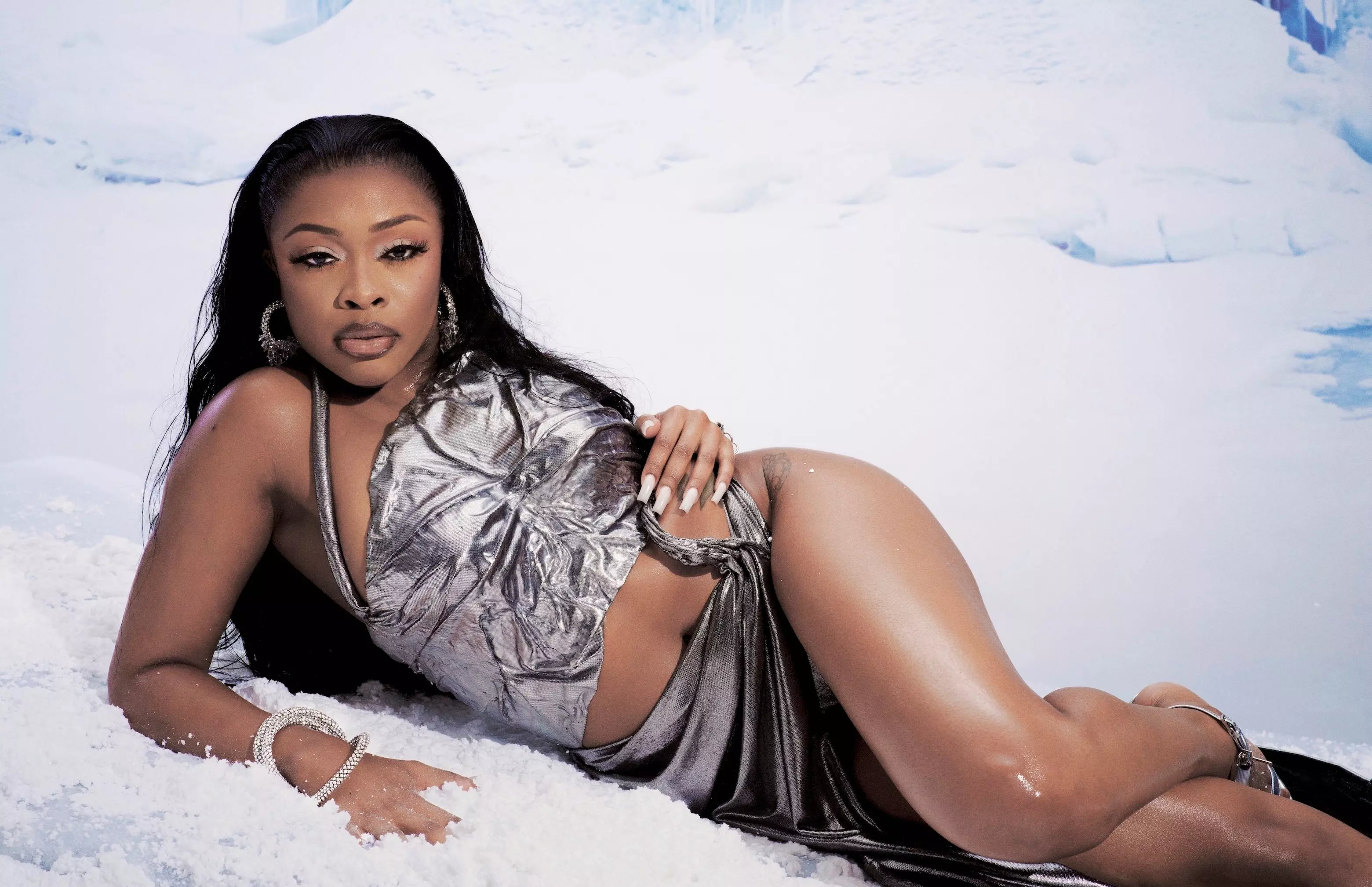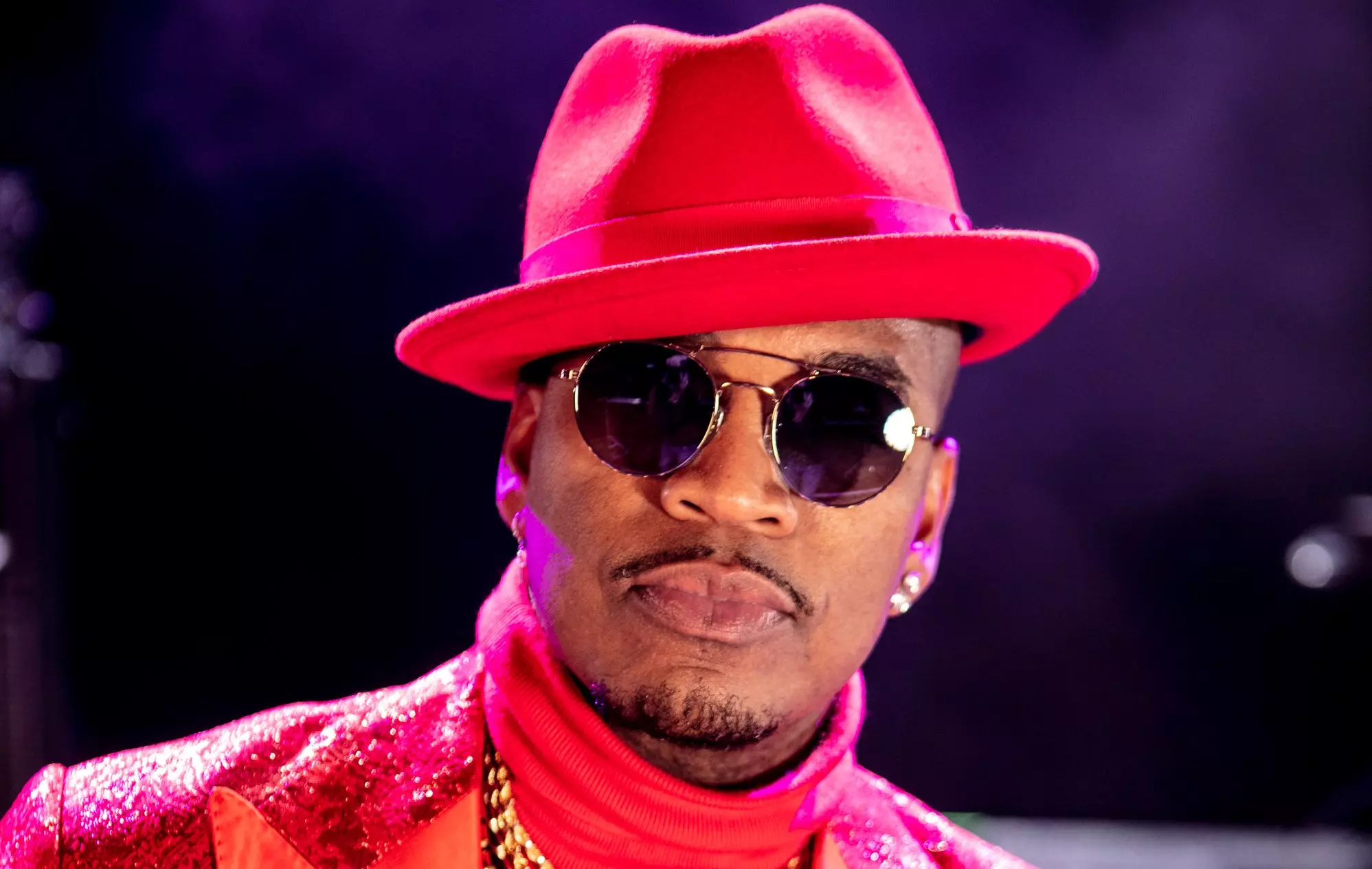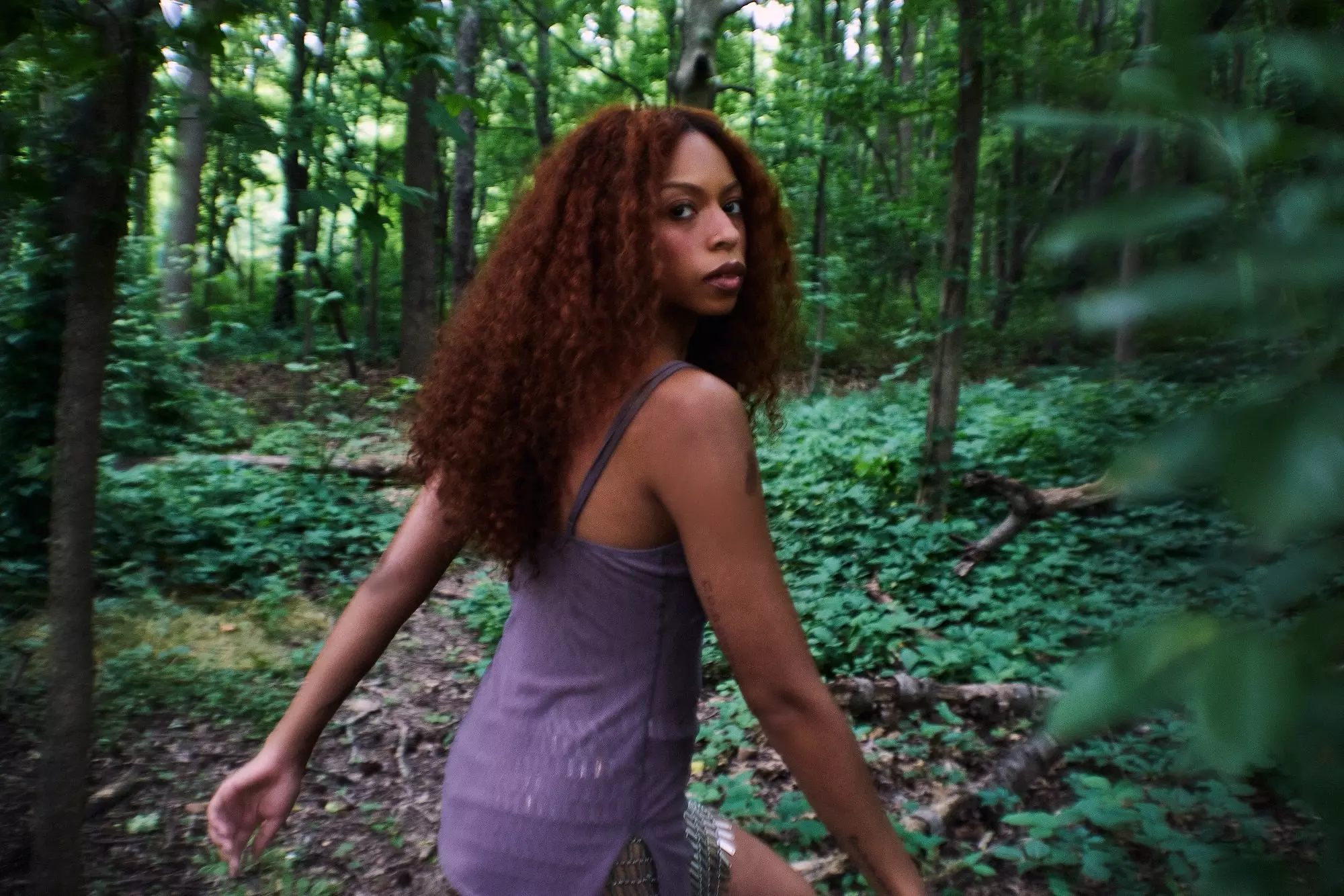With massive crowds and countless critics raving about her debut album, Ravyn Lenae knew what she had to do: completely ignore all of the expectations that led to it.
"I knew in order for me to keep evolving as an artist and a person, there was no choice but to let those boundaries go,"she says from her home in Los Angeles.
After building up a growing following in Chicago alongside other members of the Zero Fatigue Collective (which includes producer Monte Booker and rapper Smino), Lenae relocated to the West Coast. She made a massive mark on 2022’s Hypnos, which featured a beguiling mix of alt R&B, house and soul alongside Renae’s magnetic vocal presence.
And rather than coast, Lenae dug deeper for the followup, Bird’s Eye (due Aug. 9). Working with frequent Kendrick Lamar collaborator and in-demand producer DJ Dahi, Bird’s Eye flutters across genres and influences — pulling from Fleetwood Mac on one track, drawing in Childish Gambino on another, and adding Jimmy Jam’s bass elsewhere. Indicative of these multifarious influences are two pre-release singles: the retro pop-leaning "Love Me Not" and the soulfully skipping "Love Is Blind."
Lenae uses that shapeshifting methodology as a way to interrogate the concepts of love and relationships — never content to rest on her laurels, learning how best to grow and adapt. "Making the songs and getting to the bottom of what they meant for me was me kind of retracing my steps a little bit and really acknowledging all these moments in my life, in my childhood, that were pivotal for me and my identity," she says.
Nearing the release of Bird’s Eye, Lenae spoke with GRAMMY.com about directing the video for "Love Me Not" in Chicago, blending Brazilian music with Prince inflections, and how the album helped her reconnect with her father.
A lot seems to have happened in the two years since 'Hypnos.' On a month-to-month, day-to-day basis, how much do you shift creatively?
It feels like night and day to me, even though it's been a really short amount of time. During this time between Hypnos and this album — the recording and creating process — a lot unlocked with me. [There was] a lot of personal growth that happened that allows me to approach music in a much freer and kind of impulsive way.
With the last album and that process, I think I did place a lot of parameters around what I had to be, what I had to sound like, what it had to feel like, who I had to connect with. And I kind of just released all of those expectations with this and made music that I wanted to hear.
How easy was it to actually release those boundaries and work more more in the moment?
I knew in order for me to keep evolving as an artist and a person, there was no choice but to let those boundaries go, if I wanted to keep pursuing music in a way that felt honest. And then being able to collaborate with people such as Dahi, who has kind of mastered that in a lot of ways, and learning from him and seeing his process, seeing how easy and natural it is to just fall into what feels right…
I think the longer you're in an industry or you're in something, the more rules you place on [creativity] and the more you overthink it and try to mold it in a way that doesn't feel impactful. As an artist, being around him and him encouraging that type of process, I think that was a lot of it, too.
Dahi's worked with some incredible artists, and clearly in a way that accentuates that artist rather than making it about DJ Dahi. That must have been so perfectly aligned with your openness, to go in and let yourself learn what you wanted to do. They always say if you know too much and plan everything out, you’ll end up stifled creatively.
It's so true. And that's why I describe it as me kind of returning back to that 12-year-old me, that 13-year-old me, before I cared about opinions, what people thought about me and what I was doing, what I was wearing I think we start off that way, and then the older we get, the more we get so self-conscious and we judge ourselves more harshly than everyone else.
Why do we do that?!
[Laughs.] I think it's just human nature. And then we try to unlearn all of it.
Even just in daily life, it's so hard to not think about what I could have done at any given moment. And when you’re creating music, there are 5 million ways you can create the same idea and you have to just land on that one.
A hundred percent. During this process, we would have a song idea and then three different versions of that song that hit completely different feelings — maybe a more soft rock version of it, maybe a more indie version of it, maybe a more soulful version. Then it was about having to settle into what is "the one" and what feels the best, versus like what's going to chart or what's going to get in the club. Having to release all of that and just really lean into what feels good is what works every time.
That relates even to how the album was announced, with two tracks that almost speak in conversation with one another. Those songs balance such clever hooks with more nuanced conversation about how conflicted and complex love and relationships can be. How did you find that balance between emotional realism and such immediate music?
It was just really feeling empowered and confident in my decision making. And that's something that's developed over time, too. Really listening to my voice and what I want out of music in my career and my rollout, you know?
Listening to that, obviously having people around me who are like-minded in that way like my management and my team. We all kind of empowered each other to lean into those feelings. At no point in this process did anything feel forced or like I was reaching for something.
That’s so interesting. You want your team to feel supportive but you also want to feel empowered to take risks away from that support. And that reminds me of “Love Me Not,” which has some really smart risks. It's that vintage pop feeling, right down to the clap-along beats, and the vocals feel right in your ear. So when you started working on that track, for example, did you always imagine it being that nostalgia, that warmth?
I thought that there was just something so cool and timeless, a classic feeling about it. And my songs are the ones where you can really pinpoint what the influences are, or when this was made, or the person behind it. Having a song like that, that really reminded me of Outkast. Like, What is this?
Even before it dropped, I remember having some anxiety around maybe my fans not liking it because it feels a little different from Hypnos. I think anytime you kind of jump outside of the bubble you've kind of created, it's scary because there are people living in that bubble with you who like the temperature in there.
It’s so important to be constantly revitalized in your work. If you’re doing the same thing, even if your fans are demanding it, you’re not going to get that. And hopefully when your fans see all that you can do, they’ll follow it.
Yeah. And there's so much left in me to explore into and put out into the world. And look at an artist's career, someone like Tyler, the Creator: Seeing where his sound started and how he's almost trained his fans’ ears to be receptive to something new every time. They've completely grown up with him in a lot of ways and expanded their palate. Kind of forcing the hand of listeners is something that's really interesting to me. [Laughs.]
I love that idea of pushing yourself and pushing your fans, but still within the realm of what's good. [Laughs] Not just experimenting for the sake of it. Speaking of growing and experimenting, I wanted to ask about the “Love Me Not” music video that you directed. It feels so well shot but still so intimate and casual.
I knew with the album and how I wanted the imagery to feel, it would be very homey. Making the songs and getting to the bottom of what they meant for me was me kind of retracing my steps a little bit and really acknowledging all these moments in my life, in my childhood, that were pivotal for me and my identity, those first moments where I felt like I was getting closer to myself in a way.
A lot of that started on the South side of Chicago, at my grandmother's house, in the basement. Even the cover of the album symbolizes that transition for me. That's where I dyed my hair red for the first time in the basement, in the sink, so coming back to the sink and dyeing my hair ginger on the cover was something that felt so powerful and defining for me. It just made perfect sense that we were going to go back to Chicago for the first video, in my grandmother's house, with all my family members involved. Those are my grandparents, my mom, my sisters, so that's why it feels so loose and candid. I really wanted to give people a glimpse into my life and what it felt like walking into my childhood home.
Getting to see a place through someone else’s eyes is so extraordinary. It really makes the little details pop. For example, the plantains cooking on the stove at the beginning.
Yeah. I associate plantains with my grandparents, my family. We’re of Panamanian West Indian descent, so those smells and those sounds, I really wanted to incorporate into the video.
That really speaks to bringing some comfort along with the risk-taking, same as having your family around. The features do a great job of bolstering you, setting up that stability, particularly Ty Dolla $ign on "Dreamgirl."
I think we just had the idea to kind of take the song into a different world in a way. When we first started the first section of the song, I just knew there was magic there. Those Prince drums and that Brazilian guitar — why do those make sense together? It shouldn't ever make sense together. But when I heard it? Oh my god, this feels like something fresh and new, but also like I've felt this feeling before.
Dahi's brain is just incredible, and then even bringing in Jimmy Jam on it to do bass was a dream come true. I knew it kind of felt like it existed in that Janet stratosphere, and I thought it would be such a cool touch for him to do that personally. Dream come true on all spectrums. I love Ty Dolla $ign, obviously grew up listening to him. He's incredible and I was so honored that he wanted to do it.
Besides Janet, were there any particular artists who were kind of central inspirations for this album specifically?
Sonically, Janet is always in the mix. With this one in particular, some Gwen Stefani, No Doubt, a little bit of Fleetwood Mac in there. I just love taking these worlds that are very different from each other and kind of mashing them and seeing what happens. It's like my favorite thing ever.
You’re trained in classical music, and it's so clear that you understand the range of emotion that you can convey. I'm just curious what happened when you went into recording — or even before that, in the writing. What was it like digging into yourself to find the narrative that matched the mashing?
Honestly, I don't think there was much premeditation with the writing and what I wanted to touch on in a way. Really leaning into those impulsive initial first feelings that a song gives me is something I really valued with this album. And moving forward, that'll be my process.
What was premeditated with the writing process with this album was, with every song, trying to really peel back those layers in my brain and those barriers lyrically. Like, What would I naturally say? Think of that and then think, Okay, how can I make this even more literal, even more personal? Even in working with my girl [songwriter] Sarah Aarons, I learned a lot from her as far as songwriting and how to really paint a picture that feels clear and concise and emotional. Not trying to find the prettiest words or the most interesting words, but really writing what feels real. And that's something that I've really, really valued and learned with this process.
Even with “One Wish” with Childish Gambino, the whole album feels like this big conversation on relationships. Being more direct feels like some advice someone would get with a relationship itself, let alone writing about it. Did that process help you actually process what was happening in your life too?
Oh man, 100 percent. And that's why music is so beautiful to me. It's really a means of opening dialogue between me and myself, and then me and the people in my life. With a song that's so important to me like “One Wish," it’s not just because it's a great song, but because this has really catapulted me into this different part of my life and repairing relationships, opening up difficult conversations — like with my father in particular. Hearing such a simple song and the response I've gotten from it has only validated me much more in the fact that these real stories, real emotions are what connects.
Have you played the album for your father?
We started repairing or rekindling our relationship maybe two years ago. The making of Bird’s Eye was at its peak and I felt like it was important for me to have a song on the album that addressed my relationship with him in order for me to release it and start to move on in a positive way.
So sharing the song with him, inviting him to be in the music video was huge for us. And then even after debriefing about maybe some feelings that came up when he heard certain lyrics or when he saw certain scenes in the video, it just opened up this really honest, candid dialogue between us and I couldn't be more grateful that I have this outlet.

